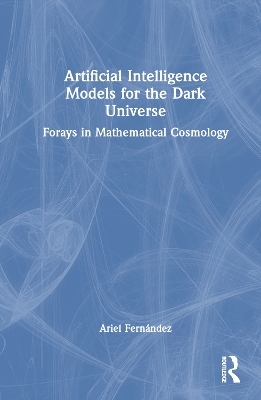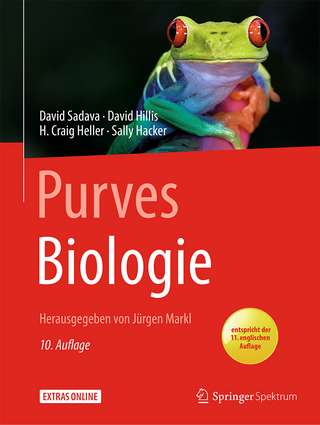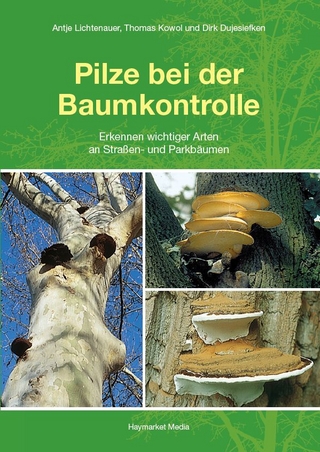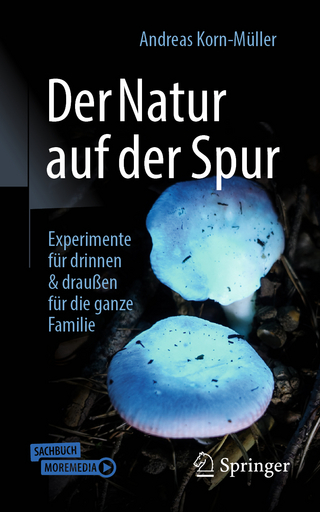
Artificial Intelligence Models for the Dark Universe
CRC Press (Verlag)
978-1-032-81823-8 (ISBN)
- Noch nicht erschienen (ca. Oktober 2024)
- Versandkostenfrei innerhalb Deutschlands
- Auch auf Rechnung
- Verfügbarkeit in der Filiale vor Ort prüfen
- Artikel merken
The dark universe contains matter and energy unidentifiable with current physical models, accounting for 95% of all the matter and energetic equivalent in the universe. The enormous surplus brings up daunting enigmas, such as the cosmological constant problem and the apparent distortions in the dynamics of deep space, and so coming to grips with the invisible universe has become a scientific imperative.
This book addresses this need, reckoning that no cogent physical model of the dark universe can be implemented without first addressing the metaphysical hurdles along the way. The foremost problem is identifying the topology of the universe which, as argued in the book, is highly relevant to unveiling the secrets of the dark universe.
Artificial Intelligence (AI) is a valuable tool in this effort since it can reconcile conflicting data from deep space with the extant laws of physics by building models to decipher the dark universe. This book explores the applications of AI and how it can be used to embark on a metaphysical quest to identify the topology of the universe as a prerequisite to implement a physical model of the dark sector that enables a meaningful extrapolation into the visibile sector.
The book is intended for a broad readership, but a background in college-level physics and computer science is essential. The book will be a valuable guide for graduate students as well as researchers in physics, astrophysics, and computer science focusing on AI applications to elucidate the nature of the dark universe.
Key Features:
· Provides readers with an intellectual toolbox to understand physical arguments on dark matter and energy
· Up-to-date with the latest, cutting edge research
· Authored by an expert on artificial intelligence and mathematical physics
Ariel Fernández (born Ariel Fernández Stigliano, April 8, 1957) is an Argentine-American physical chemist and mathematician. He obtained a Ph. D. degree in Chemical Physics from Yale University in record time and held the Karl F. Hasselmann Endowed Chair Professorship in Engineering at Rice University until his retirement. He was also an Adjunct Professor of Computer Science at the University of Chicago. To date, he has published approximately 500 scientific papers in professional journals and has also authored nine books on physical chemistry, molecular medicine, artificial intelligence, mathematical cosmology and mathematical physics. Additionally, he holds several patents on technological innovation. Fernández is a member of the National Research Council of Argentina (CONICET) and, since 2018, heads the Daruma Institute for Applied Intelligence, the research arm of AF Innovation, a Consultancy based in Argentina and the US.
Ariel Fernández (born Ariel Fernández Stigliano, April 8, 1957) is an Argentine-American physical chemist and mathematician. He obtained a Ph. D. in Chemical Physics from Yale University in record time and held the Karl F. Hasselmann Endowed Chair Professorship in Engineering at Rice University until his retirement. He was also an adjunct professor of computer science at the University of Chicago. To date, he has published over 500 scientific papers in professional journals and has also authored nine books on physical chemistry, molecular medicine, artificial intelligence, mathematical cosmology, and mathematical physics. Additionally, he holds several patents on technological innovation. Fernández is a member of the National Research Council of Argentina (CONICET) and, since 2018, heads the Daruma Institute for Applied Intelligence, the research arm of AF Innovation, a consultancy based in Argentina and the United States.
Chapter 1: The Dark Universe: Metamodel and Foundational Evidence. Chapter 2: Quintessential Extension of Space-Time Yielding Mediators between Visibile and Dark Sectors Chapter 3: Methods: Quintessential Autoencoders. Chapter 4: Dark Matter in a Quintessential Extension of the Standard Model. Chapter 5: Portal to the Dark Universe. Chapter 6: Physical Footprints of a Computer-Simulated Universe: The Artefactual Nature of the Dark Universe. Epilogue. Index.
| Erscheint lt. Verlag | 14.10.2024 |
|---|---|
| Zusatzinfo | 7 Line drawings, color; 86 Line drawings, black and white; 5 Halftones, color; 12 Halftones, black and white; 12 Illustrations, color; 98 Illustrations, black and white |
| Verlagsort | London |
| Sprache | englisch |
| Maße | 156 x 234 mm |
| Themenwelt | Naturwissenschaften ► Biologie |
| Technik ► Elektrotechnik / Energietechnik | |
| Technik ► Umwelttechnik / Biotechnologie | |
| ISBN-10 | 1-032-81823-9 / 1032818239 |
| ISBN-13 | 978-1-032-81823-8 / 9781032818238 |
| Zustand | Neuware |
| Haben Sie eine Frage zum Produkt? |
aus dem Bereich


